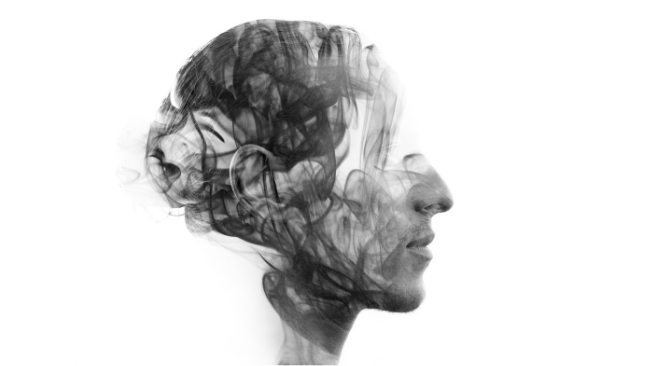Which came first?
Mental health disorders such as depression and anxiety are closely linked to substance abuse, however one does not necessarily cause the other. Mental health problems are caused by a complex mixture of genetics, environment and other factors. So it is very hard to say if abusing drugs or alcohol directly causes these disorders. But if you are at a risk for any mental health issues, abusing drugs or alcohol can certainly push you over the edge.
To give you an example of this - there has been evidence that if you abuse opioids you are at a greater risk of being depressed. Prolonged and heavy use of marijuana has been linked to an increased risk of schizophrenia. So again if you are predisposed to any mental health issues the use of drugs and alcohol can bring those out.
It is often thought that people begin to abuse alcohol or drugs as a way to ease the symptoms of undiagnosed mental disorders. They use substances as a way to cope with difficult emotions and to temporarily numb themselves from the possible pain of their situation. Sadly though self medicating with drugs or alcohol can cause side effects that in the long run worsen the initial symptoms of the mental disorder and also cause another long lasting problem drug addiction.
Recognising a dual diagnosis
It can often be difficult to identify and diagnose a dual disorder. It takes time to decipher what is a mental health disorder and what is a drug or alcohol problem. The symptoms and the signs vary on the type of substance that is being abused and the type of mental health disorder that may be presenting. There are some general warning signs that a co-occurring disorder may be present.
- Are you using drugs and or alcohol to cope with painful and uncomfortable feelings or memories?
- Are you using drugs and or alcohol to help you face situations that you could not face otherwise?
- Are you using drugs and or alcohol to help you stay focused and on task?
- Have you noticed a relationship between the use of drugs and alcohol and your mental health? For instance, do you get depressed when you drink? Or drink when you are feeling anxious?
- Does anyone in your family suffer from mental disorders or drug abuse?
- Do you feel depressed, anxious, overly stressed even when you don’t use substances?
- Lastly, have you been treated in the past for mental health problems or substance abuse problems?

Dual diagnosis and denial
It is very common to deny both substance abuse and mental health issues. It is often very hard to admit that you are dependent on alcohol or drugs and that they play a big part in your life. No matter how hard it is to admit it is the first step that must be taken to get the help that you need. Mental health issues left untreated can cause serious problems in your life. Substance abuse can also affect your life in a very negative way.
Treatment for dual diagnosis
The best treatment for a dual diagnosis is an approach where both substance abuse problems and the mental disorders are treated simultaneously. It does not matter which came first - there is a better chance for long term recovery if both disorders are treated together by the same treatment facility, provider and team.
Mental health treatment may include medication, individual and group therapy, lifestyle changes and peer group support.
Substance abuse treatment may include entering a detox facility and then going to an inpatient facility where you will learn about your substance abuse problems and learn new skills to combat relapse. You may participate in group therapy, behavioral therapy as well as one on one therapy. You can join a support group to help maintain your sobriety.
In conclusion it is important to remember that mental health conditions such as depression, anxiety, bipolar disorder and PTSD once thought to be taboo subjects that no one wanted to talk about have now become more and more mainstream. While it isn't as out in the open as we would hope it someday will be for now there should not be any shame or embarrassment reaching out for help. The same can be said for substance abuse problems. But remember substance abuse and mental health issues can happen to any one of us and seeking help is the first step on the road to recovery.
Remember there is hope.